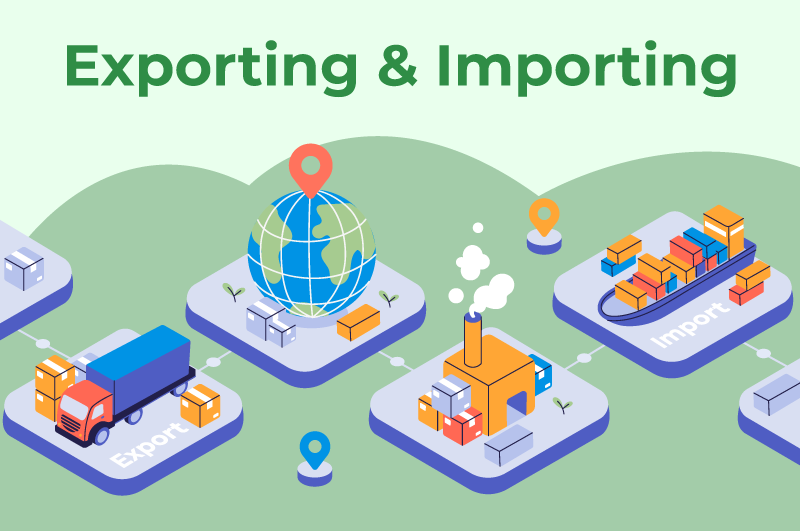How to Make Millions Importing In Nigeria, there is a thriving market for used books, fueled by a growing population of readers who are hungry for knowledge but have limited resources. From primary school textbooks to novels and non-fiction books, there is a vast, untapped market for used books. With the right business strategy and execution, you could become a millionaire through this venture. In this blog post, we will guide you on how to make millions importing used books to Nigeria.
Understanding the Market Need for Used Books in Nigeria
The demand for used books in Nigeria is on the rise, driven by an expanding education sector and an emerging middle class that craves knowledge but is deterred by the high cost of new books. The affordability of second-hand books makes them an attractive option for schools, libraries, and individual readers. In addition, the eco-friendly appeal of reusing books aligns with the growing awareness of sustainability among Nigerians. To tap into this thriving market, it’s crucial to comprehend these needs and tailor your business strategy accordingly.
Sourcing Used Books for Importation
Uncovering valuable sources for your used books is an important part of this enterprise. Start by looking in places like thrift shops and garage sales. Online platforms such as Amazon, eBay, and Bookfinder are also treasure troves for used books in countries like the US, UK, and Canada.
As you source your books, focus on their condition and relevance to the Nigerian market. High-demand categories typically include textbooks in Mathematics, English, Sciences, and novels by well-known authors. By implementing a strategic approach in your sourcing, you’re setting a solid foundation for a successful importation business.
How to Invest in Stock Market: Profitable Guide
Securing the Necessary Legal Permits and Paperwork
Embarking on your journey of importing used books into Nigeria requires a bit more than just finding your book sources. It’s necessary to obtain the appropriate legal permits and to fulfill all necessary regulations. This includes registering your business with the Corporate Affairs Commission and acquiring an Importer’s License from the Nigeria Customs Service, the governing agency for imports and exports.
Alongside these steps, be prepared to understand and abide by import regulations, pay the assigned import duties, and familiarize yourself with any restrictions or banned items. This step ensures you’re on the right side of the law and paves the way for a successful business venture.
Determining the Costs and Pricing Strategy
In developing a profitable pricing strategy for your used book importation business, a comprehensive grasp of all involved costs is essential. These costs span from acquiring the books, to shipping, handling import duties, and accounting for storage and distribution. Also, don’t overlook indirect costs like office rent or employee salaries if you have a team.
Once these costs are calculated, formulate a pricing structure that not only recoups your expenses but also leaves room for a respectable profit margin. However, remember to remain competitive in your pricing to attract and retain customers. This strategic approach to cost and pricing will put your business on the right path towards profitability.
Marketing Your Imported Used Books in Nigeria
To effectively market your imported used books, it’s essential to think strategically about your sales channels and promotional methods. You could opt to open a physical storefront, launch an e-commerce site, or combine both approaches. Use social media platforms to connect with your target audience and promote your products.
Forming partnerships with local schools, libraries, and book clubs can help increase your visibility and customer base. Consider implementing promotional strategies, such as offering discounts or creating bundle deals, to incentivize purchases and attract a wider audience.
Ensuring Sustainability and Growth in Your Business
Maintaining a thriving used book importation business hinges on continuous innovation and progress. Stay informed about shifts in the educational field and book market. Keep your inventory stocked with high-demand books and broaden your supplier base to reduce dependency on a single source.
Profits should be reinvested into the business to stimulate expansion, ensuring your venture remains profitable and relevant. Leveraging these strategies ensures your business remains robust, poised for growth, and primed for profitability in the long run.





